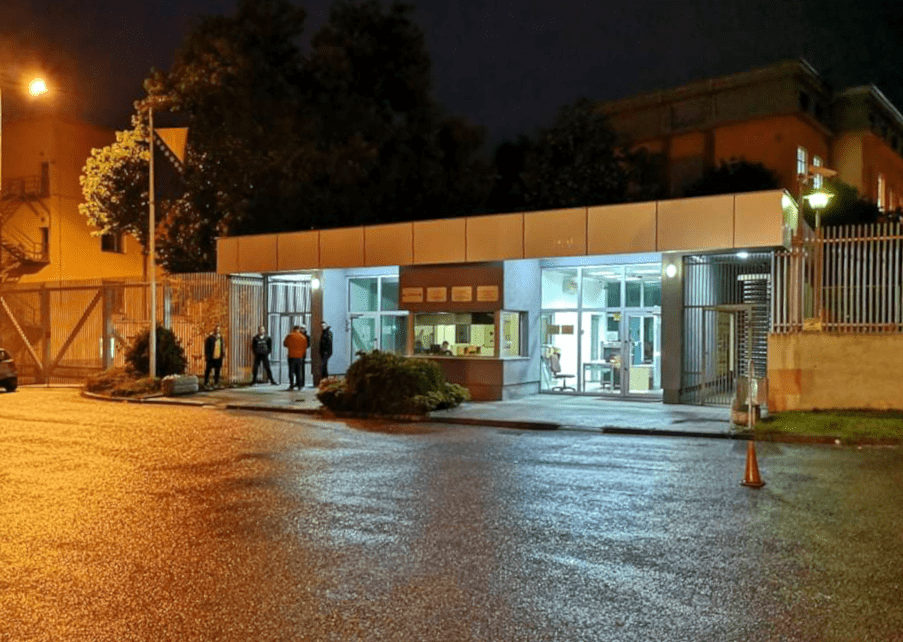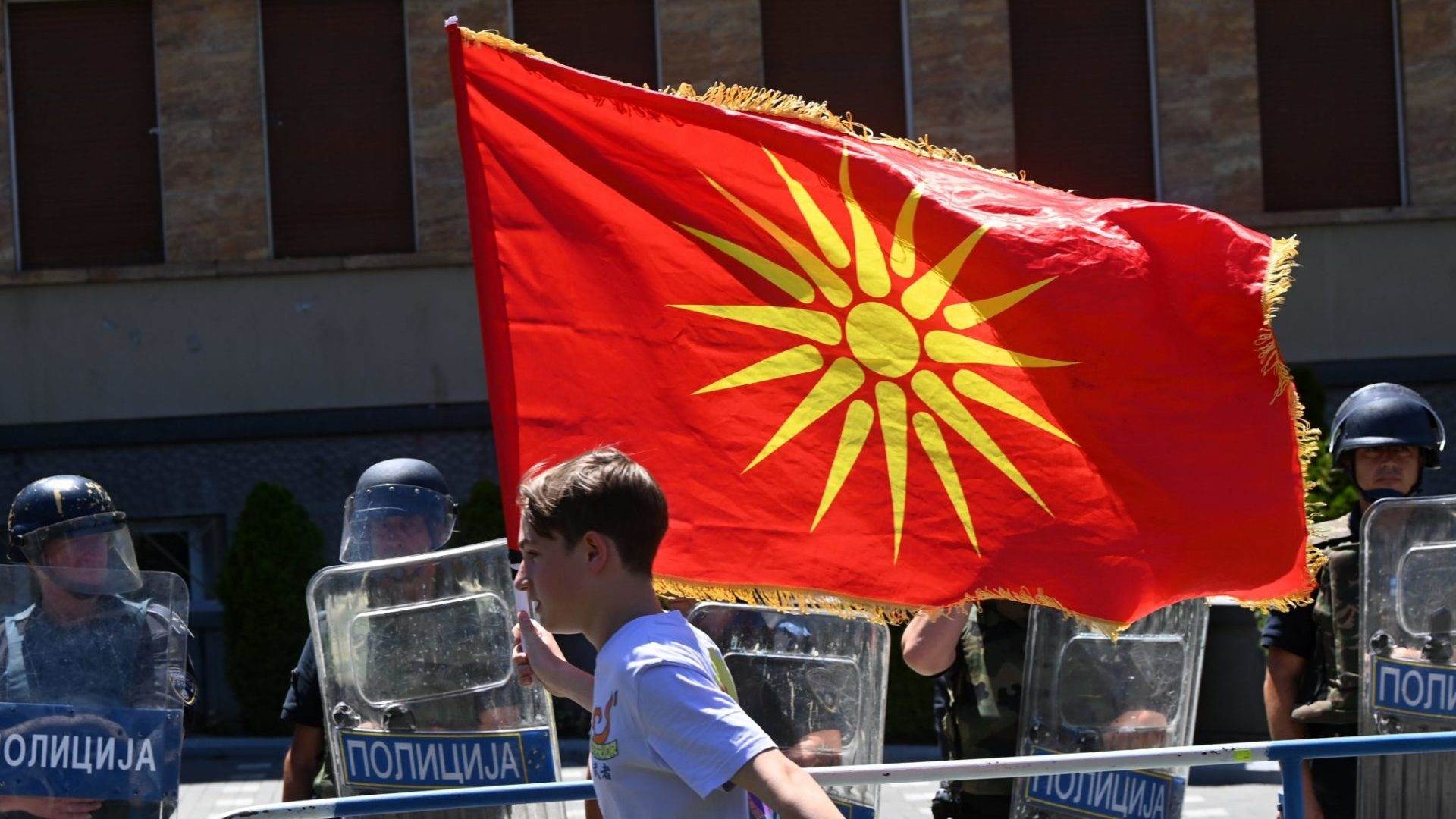This post is also available in: Bosnian
Ratko Mladic has been convicted of genocide, crimes against humanity and war crimes for his role as the commander of the Bosnian Serb Army during the 1992-95 war. I woke up to this news in the US with a combination of relief, revulsion, and anger.
After the debacle that was the Vojislav Seselj acquittal, it is certainly a relief to see that the International Criminal Tribunal for the Former Yugoslavia (ICTY) upheld its findings in previous cases in determining that Bosnian Serb forces committed genocide against Bosniak men and boys in Srebrenica in July 1995.
The evidence in the Mladic case was so overwhelming, including video evidence of Mladic himself announcing what was about to happen to Bosniak civilians, his personal diaries detailing his meetings and troops and weapons movements (including from Serbia), that in many ways his conviction was never in doubt.
But as we have learned from failed prosecutions before, sometimes even the strongest evidence is not enough.
Again in agreement with the ICTY’s own precedent, the Tribunal did not find that the murderous campaigns against Bosniaks in 1992 amounted to genocide, instead preferring to categorise them as ethnic cleansing.
This is a shame and a missed opportunity. While acknowledging that crimes against humanity happened on a large scale in the first few months of the war in six other Bosnian municipalities, and that there was “a plan to destroy” Bosniaks, the Tribunal justified the acquittal on this genocide charge with the argument that the victims were “a relatively small number of the protected group of Bosniaks in total”.
This is a peculiar interpretation of international law on genocide, which places the burden on intent to destroy, and not on the number of killed members of a specific group.
Applying the ‘destroy’ standard consistently would have presented a different narrative of the Bosnian war, one in which the Bosnian Serb forces intended to remove Bosniak population entirely from Bosnia – first through deportations and then through genocide.
This is what Mladic had in mind when he talked about planning a “complete separation from the Bosniaks and the Croats” in Bosnia.
The Tribunal’s verdict is a missed opportunity to historically link the genocide in Srebrenica with other extermination policies in the rest of Bosnia throughout the war.
By leaving Srebrenica as an isolated case, it diminishes the public understanding of what this war was about, and allows Srebrenica to be separated from the rest of the war, as a unique case of murderous and out of control military excess.
But this interpretation simply does not fit the historical arc of the war. The killing was not incidental to the Bosnian Serb war aims. The war was about the killing.
Among many abominable characters in this war, Mladic in particular was a revolting figure. He behaved throughout the war almost like a cartoon villain, having a TV crew follow his creepy brutality as if this were a genocide reality show.
There are videos of him offering candy to Bosniak kids, promising them that everything will be alright, days before he would order them shot and dumped in mass grave pits.
It is hard to fathom this depth of depravity.
Upon arriving in Srebrenica in July 1995, he looked at the camera and promised to “get rid of the Turks”, making as explicit as possible the Serb nationalist rationale for the genocide, linking the present with the Serbian mythical pre-Ottoman glory.
That the architects of the Serbian nationalist project in the 1990s all shared this view is not remarkable. That Mladic decided to make this statement public and then proceed to order the mass murder of 8,000 Bosniaks on the basis of it makes him the most easily identifiable villain of this horrible war.
But perhaps the most infuriating, if entirely predictable, fallout from the Mladic verdict is the complete and utter denial by the political elites in both Republika Srpska and Serbia proper.
Surprising exactly no one, Republika Srpska president Milorad Dodik confirmed that Ratko Mladic was a “war hero”, and that the conviction would only “increase his mythical status”.
But it was the reaction of Serbian president Aleksandar Vucic that was the most cynical of all.
Of all the things the president of the country that armed, financed, and set in motion Bosnian Serb extermination policies, and then shielded Mladic as a fugitive for 16 years, could have possibly said, Vucic’s message to the people of Serbia was to “move on, nothing to see here”.
He had no message to send to Mladic’s Bosniak victims, and to his own constituents, his message was that none of this matters – that they should focus on jobs, infrastructure, the dangling carrot of European Union membership (some day, maybe), and of course on voting for him.
But Mladic should matter for Serbia. The genocide he was convicted of goes to the core of Serbia’s understanding of its own past.
The complete lack of reckoning with the nationalist policies of the 1990s that led to the genocide is still at the core of Serbia’s political identity, 25 years on. There has never been a full on repudiation of the entire nationalist project that began under Slobodan Milosevic but continues until this day.
The current president of Serbia was the Minister of Information in Milosevic’s government during the Kosovo war. He was in charge of Serbian wartime propaganda and a high-ranking member of the political party that had an armed paramilitary wing throughout the wars in Croatia and Bosnia.
Vucic is simply not in a position to renounce the Serbian policies of the 1990s when he himself was instrumental in implementing them. Nationalism continues, in different forms.
Serbia has needed a reckoning with its past for 20 years. The removal of Slobodan Milosevic in 2000 did not bring it, neither did any of the verdicts in The Hague.
The conviction of Ratko Mladic is necessary, just, and perhaps can bring a momentary relief to survivors and at least some acknowledgment to thousands of his victims.
What it should also bring is a change in the understanding of what happened, how we let it happen, and why it was so terribly wrong.
Jelena Subotic is Associate Professor of Political Science at Georgia State University in Atlanta. She is the author of ‘Hijacked Justice: Dealing with the Past in the Balkans’.
The opinions expressed in the Comment section are those of the authors only and do not necessarily reflect the views of BIRN.


